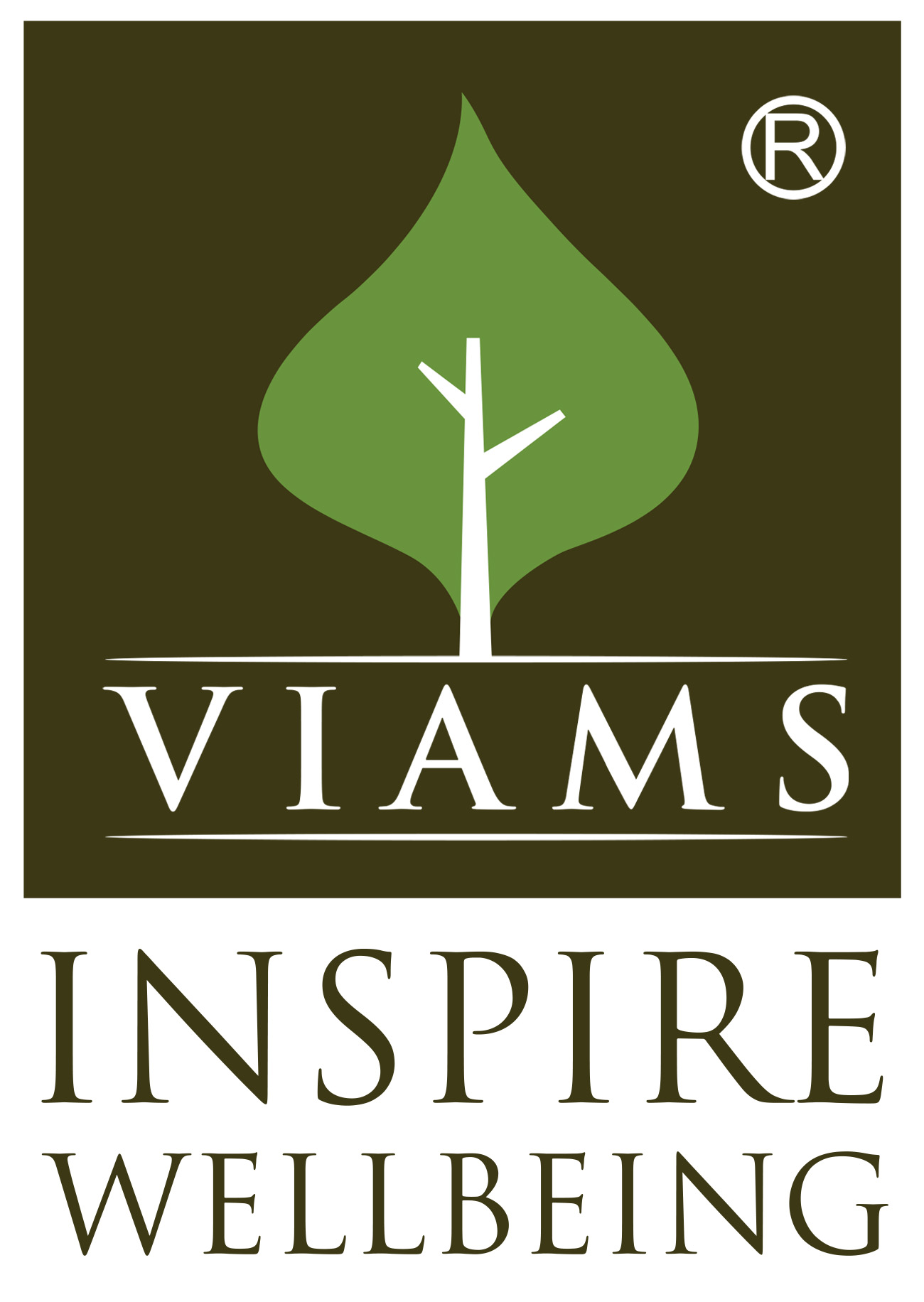Amyotrophic Lateral Sclerosis (ALS)
Amyotrophic Lateral Sclerosis (ALS) is a progressive neurodegenerative disease that affects nerve cells in the brain and spinal cord, leading to the gradual weakening of voluntary muscles. This debilitating condition, often referred to as “Lou Gehrig’s Disease,” eventually results in paralysis and death. In Ayurveda, ALS can be understood under the concept of “Mamsa Kshaya” (degeneration of muscles) and “Vata Vyadhi” (diseases caused by Vata imbalance), where the degeneration of motor neurons corresponds to aggravated Vata dosha leading to loss of muscle function.
ALS primarily affects motor neurons responsible for controlling voluntary muscle movements. As the disease progresses, these neurons degenerate and die, disrupting the communication between the brain and the muscles. This loss of neural control results in muscle atrophy and loss of movement. Several factors contribute to the pathophysiology of ALS:
- Genetic Mutations: In some cases, inherited mutations in specific genes may lead to the development of ALS.
- Excitotoxicity: Overactivation of the neurotransmitter glutamate can cause damage to neurons.
- Oxidative Stress: Free radicals generated during cellular metabolism damage neurons and contribute to neurodegeneration.
- Protein Aggregation: Abnormal protein clumps form within motor neurons, interfering with their function.
- Mitochondrial Dysfunction: Impaired energy production in cells exacerbates neuron damage.
ALS typically begins with mild symptoms that gradually worsen over time. Key signs and symptoms include:
- Muscle Weakness: The hallmark symptom of ALS, starting in one limb and gradually spreading to other parts of the body.
- Muscle Cramps and Fasciculations: Involuntary muscle twitching and cramping are common early signs.
- Difficulty Speaking and Swallowing: As the disease progresses, speech may become slurred, and swallowing may become difficult.
- Breathing Problems: In the later stages, respiratory muscles weaken, making breathing difficult and requiring ventilatory support.
- Loss of Mobility: Gradual muscle atrophy leads to paralysis, resulting in loss of mobility and independence.
Ayurvedic Concept
In Ayurveda, ALS can be classified under Vata Vyadhi due to the predominance of Vata dosha, which governs movement and nerve function. The degeneration of motor neurons corresponds to the imbalance of Vata, leading to the loss of muscle control and movement. Mamsa Dhatu Kshaya (muscle tissue depletion) also plays a role in ALS, where the body’s ability to nourish and maintain muscle mass is impaired. This condition requires an approach that pacifies Vata, nourishes Dhatus (tissues), and strengthens the nervous system.
Effectiveness of Ayurvedic Treatment
Ayurvedic treatment for ALS aims to balance aggravated Vata dosha, rejuvenate nerve and muscle tissues, and enhance overall vitality. Key treatment modalities include:
- Herbal Medications: Ayurvedic formulations in different forms, known for their Rasayana (rejuvenating) properties, help nourish nerve cells and support muscle function.
- Panchakarma Therapies: Detoxification therapies like Abhyanga (medicated oil massage), Vasti (medicated enema), and Nasya (nasal administration of medicated oils) are crucial in calming Vata and promoting nerve health.
- Rasayana Therapy: Administering nerve-strengthening Rasayana herbs helps slow the degeneration of motor neurons and promotes regeneration.
- Marma Therapy: Gentle stimulation of specific vital points (Marmas) can help improve nerve function and restore balance to the body.
A holistic, integrated approach combining Ayurvedic treatment with modern allied healthcare techniques offers the best outcomes for managing ALS. This includes:
- Physiotherapy: Regular physiotherapy helps maintain muscle strength, improve flexibility, and slow down the progression of muscle atrophy.
- Occupational Therapy: Aimed at improving the patient’s ability to perform daily activities and enhancing quality of life.
- Speech Therapy: Helps manage speech and swallowing difficulties, especially in the later stages of ALS.
- Respiratory Therapy: Breathing exercises and ventilatory support are critical to managing respiratory symptoms as the disease progresses.
- Psychological Counseling: Addressing the mental and emotional health of patients is vital due to the progressive nature of ALS. Counseling helps cope with anxiety, depression, and the challenges of living with a debilitating condition.
- Yoga and Pranayama: Gentle yoga postures and breathing exercises help maintain mobility, reduce stress, and enhance overall well-being.
- Nutritional Support: A diet rich in antioxidants and essential nutrients supports muscle and nerve health, and supplements may be required to ensure adequate nutrition.
Mitigation and Long-term Management
While ALS is a progressive condition with no known cure, Ayurvedic treatment combined with allied healthcare techniques can significantly improve the patient’s quality of life and slow down the disease progression. Key strategies for long-term management include:
- Vata Pacification: Continued use of Ayurvedic therapies and a Vata-pacifying lifestyle helps mitigate symptoms and maintain balance.
- Exercise and Physical Activity: Regular exercise, as guided by physiotherapists, can help preserve muscle strength and mobility for as long as possible.
- Nutritional Support: A carefully planned diet that supports nerve health and maintains optimal weight is essential.
- Emotional and Mental Support: Regular counseling and psychological support can help patients and caregivers cope with the emotional challenges posed by ALS.
Amyotrophic Lateral Sclerosis (ALS) is a challenging neurodegenerative disease, but an Ayurvedic approach focusing on balancing Vata, nourishing nerve and muscle tissues, and integrating allied healthcare techniques provides a comprehensive and holistic approach to its management. While ALS remains incurable, these combined therapies aim to improve the quality of life, slow disease progression, and offer emotional and physical support throughout the journey.
Our Uniqueness
- Tailor-made medicines from our own Pharmacy
- Integration of Allied Healthcare Techniques
- Experienced Doctors & Therapists
- Three Stages of Treatment with Assessment
- Continuous Online Support 24 X 7
